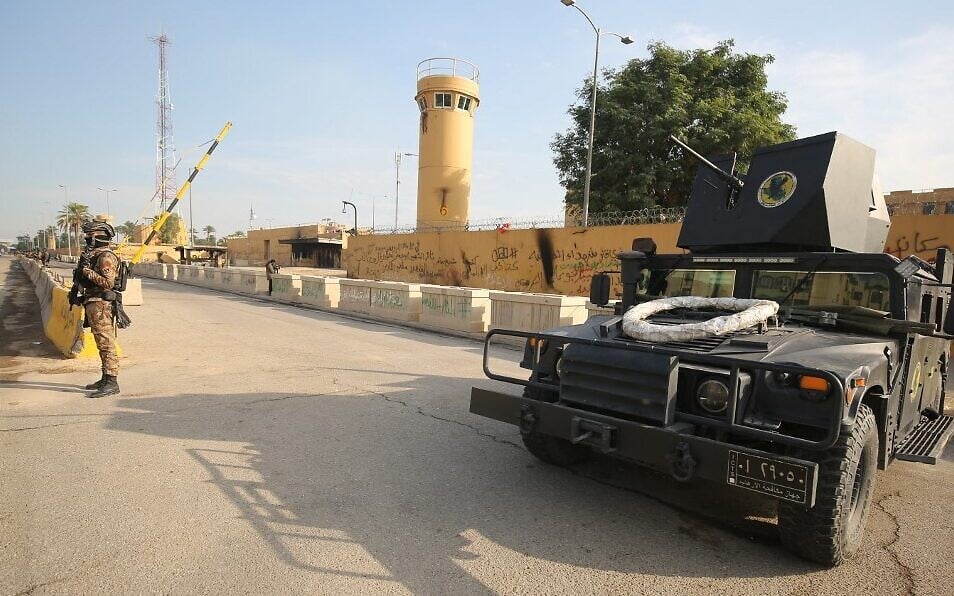U.S. Embassy Baghdad Evacuation Ordered for Nonessential Staff
U.S. Embassy Baghdad Evacuation – The U.S. State Department has issued an official order for the departure of all nonessential personnel from its embassy in Baghdad, Iraq, citing growing security concerns in the region, according to two department officials familiar with the situation.
Strategic Move Amid Rising Middle East Tensions
“President Trump is committed to keeping Americans safe, both at home and abroad,” one official stated. “In keeping with that commitment, we are constantly assessing the appropriate personnel posture at all our embassies. Based on our latest analysis, we decided to reduce our Mission in Iraq.”
While the Baghdad embassy already operates with a minimal nonessential workforce, the move is part of a broader proactive security posture as tensions escalate between Israel and Iran.
Evacuation Logistics and Military Involvement
At this time, U.S. military assistance in evacuating nonessential embassy staff is not planned, according to one official. However, plans may shift depending on changing conditions on the ground.
This marks a significant step in the U.S. government’s efforts to mitigate risks to personnel as geopolitical pressures intensify across the Middle East.

Broader Regional Impact and Defense Department Response
In a related decision, Defense Secretary Pete Hegseth has authorized the voluntary departure of military dependents stationed at U.S. military installations throughout the Middle East. This move comes as tensions between Iran and Israel escalate, raising concerns over potential regional spillover.
Amazon’s Top 5 Must-Read Books: Don’t Miss These Gems
U.S. Embassy Baghdad Evacuation Signals Shifting Security Outlook
The U.S. embassy Baghdad evacuation underscores a growing sense of urgency in Washington regarding the volatile security environment in Iraq and surrounding regions.
Analysts view the move as a precautionary measure intended to safeguard personnel while maintaining diplomatic operations amid increasing threats.






